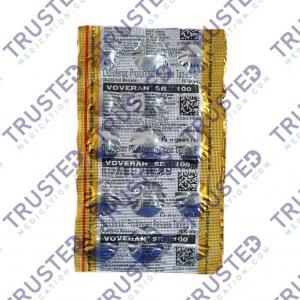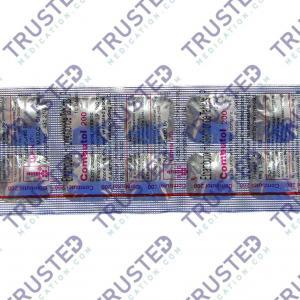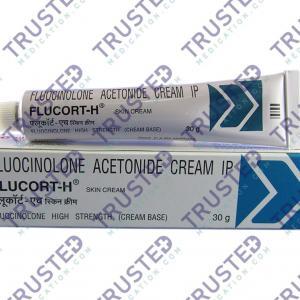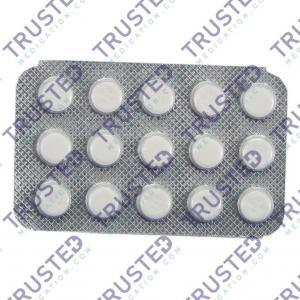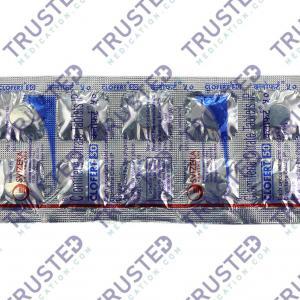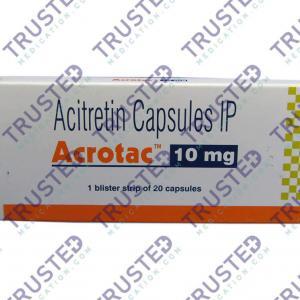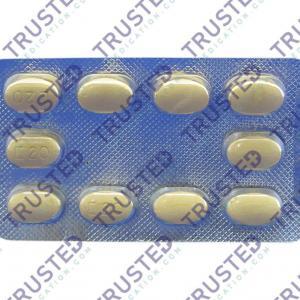
Shingles, also known as herpes zoster, is a viral infection that results in a painful rash. The varicella-zoster virus, which also causes chickenpox, is responsible for this viral infection.
So, if you’ve had chickenpox, you’re at risk for shingles. The virus just lies dormant in your nerve tissues. It can re-emerge years later as shingles.
The result? Painful, blistering rashes that typically appear on one side of the body.
What causes shingles?
Shingles occur when the varicella-zoster virus reactivates in your body. After you recover from chickenpox, the virus goes dormant in your nerve tissue. Years or even decades later, the virus can reactivate and travel along nerve paths to your skin, causing shingles.
Anyone who has had chickenpox can develop shingles, but the risk increases as you age. The majority of cases occur in people over age 50. Other risk factors include:
- Weakened immune system due to stress, illness, or medication
- Certain medical conditions, such as HIV/AIDS or cancer
What are the symptoms of shingles?
The hallmark sign of shingles is a painful fluid-filled rash. The rash appears as a single stripe of blisters that wraps around one side of the torso. However, it can also affect the face, eyes, or other parts of the body. Along with the rash, you may experience:
- Fever
- Headache
- Fatigue
- Light sensitivity
- Pain when looking at bright lights
Shingles can also cause complications, such as postherpetic neuralgia (PHN). This is a condition that causes ongoing pain in the area where the rash occurred.
Are Shingles contagious?
such as pregnant women, newborns, and people with weakened immune systems.
Shingles itself isn’t contagious. However, the virus that causes shingles can spread to others who haven’t had chickenpox or been vaccinated against it.
The virus spreads through direct contact with fluid from the blisters. If these individuals come into contact with the fluid from shingles blisters, they could develop chickenpox, not shingles.
If you have shingles, keep the rash covered and avoid contact with people who are at risk for complications.
How are shingles treated?
There is no cure for shingles, but early treatment can help reduce the severity and duration of symptoms. Your doctor may prescribe:
- Antiviral medication to reduce the severity and duration of the outbreak. These include acyclovir, valacyclovir, or famciclovir.
- Pain medication to relieve pain.
- Topical creams or patches to reduce itching and pain.
- Home remedies, such as cool baths or wet compresses.
How to prevent shingles?
The best way to prevent shingles is to get vaccinated. The CDC recommends the Shingrix vaccine for adults over age 50. The vaccine is more than 90% effective at preventing shingles and PHN.
Other ways to reduce your risk of shingles include:
- Boosting your immune system to reduce the risk of shingle reactivation. This includes:
· regular exercise
· balanced nutrition
· getting enough rest and sleep
· stress management
- Practicing good hygiene to prevent the spread of the virus. Cover any open shingles blisters to prevent the spread of the virus to others.
- Avoid close contact with people who have shingles or chickenpox.
- Seeking prompt treatment if you suspect you have shingles or notice any symptoms of shingles.
Shingles are a viral infection that causes a painful rash. While anyone who has had chickenpox can develop shingles, the risk increases as you age.
The best way to prevent shingles is to get vaccinated. If you do develop shingles, early treatment can help reduce the severity and duration of symptoms. Remember to practice good hygiene, reduce stress, maintain a healthy lifestyle, and avoid close contact with people who have shingles or chickenpox.

